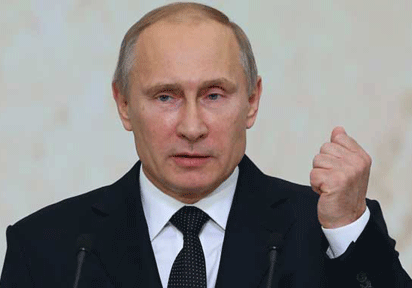In a recent announcement that has sent ripples across the global political landscape, Vladimir Putin, the long-standing Russian leader, has declared his intention to run for the presidency again in 2024. This decision marks yet another significant milestone in Putin’s illustrious and eventful political career.
A Glimpse into the Past
Vladimir Putin’s political journey is a fascinating tale of resilience, strategic maneuvers, and controversial policies. Further his career began in the shadows of the KGB (Committee for State Security), where he served as a foreign intelligence officer for 15 years, including a six-year stint in Dresden, East Germany. Putin’s time in the KGB, where he rose to the rank of lieutenant colonel, laid the groundwork for his future political endeavors.
Entry into Politics
In 1991, Putin decided to hang up his KGB boots and ventured into the political arena of Saint Petersburg. His political acumen didn’t go unnoticed, eventually becoming the head of the Committee for External Relations of Mayor’s Office.
The Road to Moscow
In 1996, Putin moved to Moscow, marking a significant shift in his political career. Moreover, he joined the administration of President Boris Yeltsin and held various positions, including Deputy Chief of the Presidential Property Management Department and deputy chief of Presidential Staff.
The Presidential Era
Putin’s political career took a decisive turn when he first assumed the role of President of Russia in 2000. He marked his tenure as president with military reform, constitutional reform, and the annexation of Crimea in 2014.
Looking Ahead: 2024 and Beyond
Putin’s 2024 presidential bid adds a new chapter to his political journey. It remains to be seen how this decision will shape Russia’s its relations with the rest of the world.
As we look forward, one thing is certain: Putin’s political journey continues to be a subject of global interest. Furthermore, his leadership style, strategic decisions, and the potential implications will undoubtedly remain hot topics in international political discourse.




